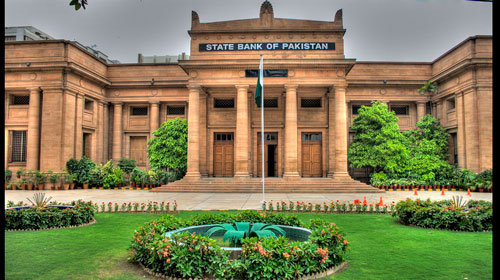The State Bank of Pakistan has decided to keep the policy rate unchanged at 15 per cent, according to a press release issued on Monday.
“The Monetary Policy Committee was of the view that, based on currently available information, the existing monetary policy stance strikes an appropriate balance between managing inflation and maintaining growth in the wake of the floods,” the SBP said.
The central bank said that since its last meeting, the MPC had noted the deceleration in economic activity and the decline in headline inflation and the current account deficit.
“It also noted that the recent floods have altered the macroeconomic outlook and a fuller assessment of their impact is underway,” the SBP added.
The SBP said that based on currently available information, growth in the financial year 2023 could fall to two per cent from the previous forecast of 3-4pc.
It further said that higher food prices could raise average headline inflation in FY23 a bit above the pre-flood projection of 18-20pc despite lower demand-side pressures.
According to the SBP press release, the MPC said the above reasons were why it had considered it “prudent” to leave the monetary policy unchanged.
The MPC added that any impact of the above on the current account deficit was likely to be “muted” due to pressures from higher food and cotton imports and lower textile exports “largely likely to be offset by slower domestic demand and lower global commodity prices”.
Therefore, it said that the current account deficit in FY23 was “expected to remain close to the previously forecast 3pc of GDP”.
The press release said that the MPC had noted four key developments since its last meeting.
“First, the desired moderation in economic activity has become more visible and entrenched, signalling that the tightening measures implemented over the last year are gaining traction,” it said, adding that with growth likely to slow further in the aftermath of the floods, this tightening would need to be “carefully calibrated” going forward.
Secondly, it pointed out that core inflation continued to “drift upwards” in rural and urban areas despite headline inflation falling last month due to an administrative cut in electricity prices.










